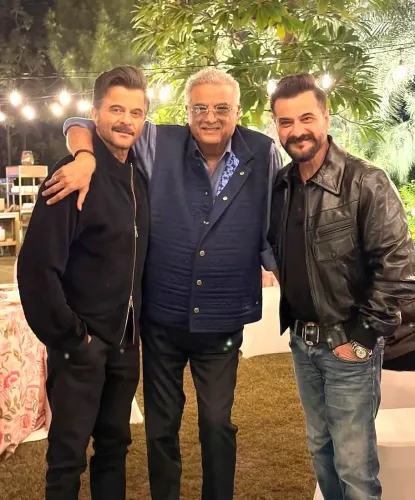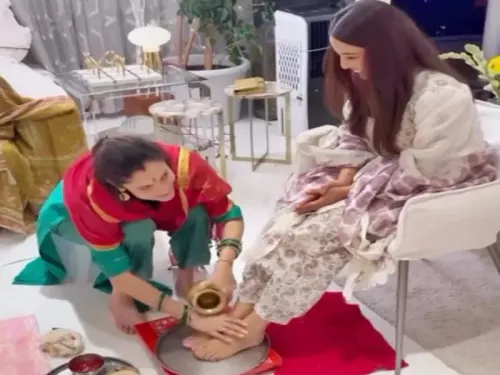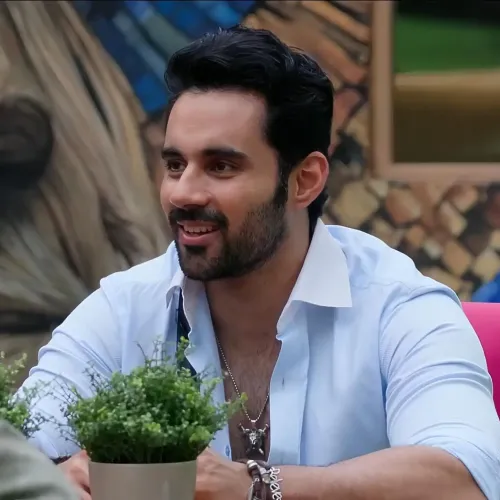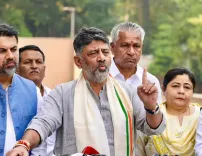How has Kajol highlighted the evolution of ‘Bollywood Maa’?
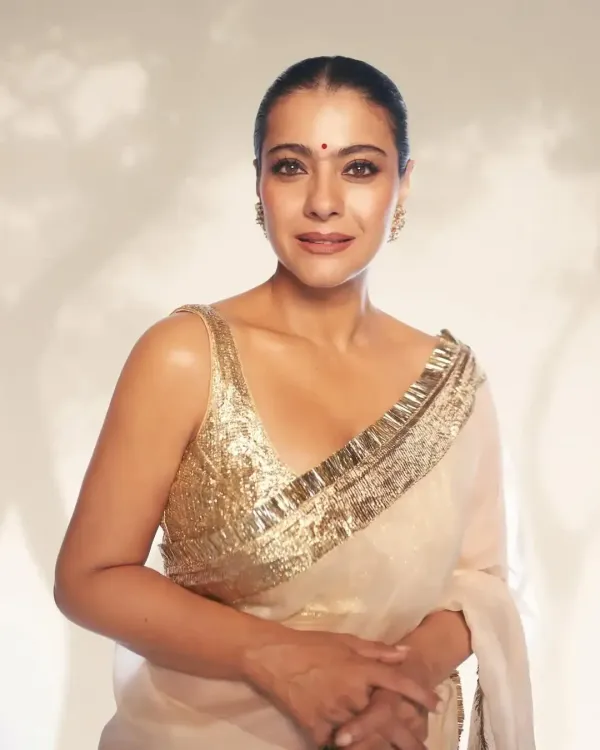
Synopsis
Key Takeaways
- The portrayal of mothers in Bollywood has evolved significantly.
- Kajol emphasizes the importance of accepting imperfections.
- Modern cinema allows for more nuanced representations of women.
- Societal views on motherhood are changing, allowing for greater authenticity.
- Women must forgive themselves to foster a positive self-image.
Mumbai, July 8 (NationPress) Bollywood icon Kajol, known for her latest release, the mythological horror “Maa,” discussed how the perception of mothers in Indian cinema has transformed to portray them as both strong and vulnerable, showcasing their strengths alongside their imperfections.
Reflecting on the journey of mothers in films from Nirupa Roy to Nargis and herself, Kajol expressed to IANS, “I believe the portrayal of maas in Bollywood has progressed with societal changes. It's about how we perceive mothers today. They have always been our pillars of strength. Films like Mother India laid the groundwork long before we could even conceive of a movie like Maa.”
The seasoned actress emphasized that mothers can embody strength while also accepting their feminine vulnerabilities.
“Even back then, they were strong. However, the concept of a mother who can make mistakes is finally gaining recognition. Yes, she is indeed a superwoman, but she is also gentle and nurturing. It’s important for her to embrace that softer side,” she elaborated.
Are mothers on screen permitted to exhibit traits like selfishness, fierceness, and imperfections?
Kajol suggested that this shift begins when women learn to accept and forgive themselves for their imperfections.
“Absolutely. It also hinges on how women perceive one another. Do we allow each other to be imperfect? Do we extend that forgiveness to ourselves? What does being ‘flawed’ even mean? Is it a flaw if you worked today instead of attending your child’s school event?”
“These are essential questions we need to ponder. Our self-perception will lead to a broader societal change as well,” she concluded.


